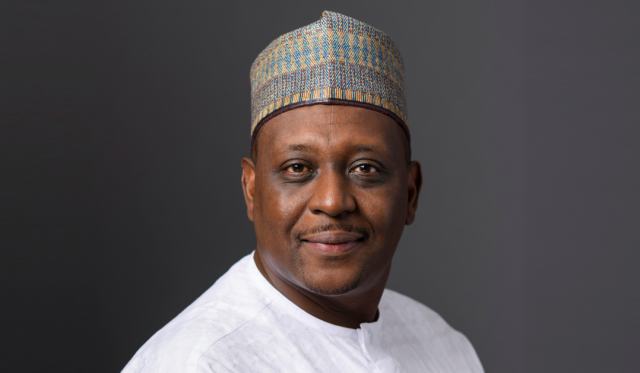The Federal Government has called for unified efforts by stakeholders to tackle the emerging COVID-19 variants in the country.
The Coordinating Minister of Health and Social Development, Prof. Ali Pate, made the call in Abuja on Thursday, at a strategic meeting on COVID-19 preparedness and response.
The meeting was organised by the National Emergency Management Agency, following the recent emergence of a new COVID-19 variant in China and subsequent international concerns about the spread of the deadly virus.
NEMA conveyed the strategic stakeholders meeting to discuss preparedness, response plans, and proactive measures within Nigeria’s national context against the virus.
The minister, represented by a Director in the Public Health Department at the Ministry, Chidinma Agbai, highlighted the devastating global impact of the pandemic and Nigeria’s resilience in spite of initial dire predictions.
He warned against misinformation and urged collaboration among stakeholders, including health officials and the media, to strengthen border controls and revive pandemic response infrastructure.
He said, “A couple of months, the global world became affected one way or the other. You saw the number of people that were lost. They were counted in millions, people that were lost through COVID-19. You also saw the countermeasures that were taken by various countries. And surprisingly, those of us in Africa and Nigeria in particular, were expected to count our dead in millions. But God being our helper, It did not consume so much. But one life is a serious loss to a nation. Many Nigerians lost their lives, not really because of COVID-19, but because of countermeasures.”
According to him, during the last COVID-19 and Ebola, people were told to take salt. Some people were told to take potash. Many countermeasures were introduced, and a lot of people lost their lives.
“So now again, in this harmattan period, we have to be careful because COVID-19 started in the harmattan period too, in the past years, it has reared its head again in China. This time around, it’s a mutant type that has come up. And China, being what it is, is keeping quiet. They don’t want to raise an alarm as to what they are experiencing. They have closed their doors to various appeals for them to speak up. So for us in Nigeria, we have to put deliberate efforts to ensure that those who are coming into Nigeria, or those who are leaving the country, are protected,” he said.
He emphasised the importance of agencies such as the Nigerian Immigration Service and others in ensuring that the country’s land borders were under surveillance.
He urged that similar measures taken to curtail Ebola some years back should be applied at the airports, the land borders and the sea ports, to secure the lives of Nigerians.
The minister also called for renewed efforts in vaccine development and public education to prevent panic and safeguard lives.
The Director-General of NEMA, Zubaida Umar, called for proactive planning, collaboration, and resource mobilisation to safeguard the country’s public health emergencies.
Umar, who was represented by the Director, Planning Research and Forecasting, Onimode Bandele, said that the meeting was crucial amid global concerns.
The director-general stressed the importance of information sharing, transparency, and a unified approach in addressing the challenge.
“The recent COVID-19 situation emerging from China serves as a stark reminder that public health emergency recognises no borders. In today’s interconnected world, a health threat in one country has the potential to impact nations across continents. While Nigeria is not directly affected at the moment, proactive planning, preparedness, and collaboration are essential to safeguarding our citizens and mitigating any potential risk. In line with this mandate, NEMA aims to be number one to share insight and update on the current global COVID-19 situation and its potential implication for Nigeria,” she said.
Umar also reaffirmed NEMA’s commitment to effective disaster management and urged unified efforts to maintain Nigeria’s resilience against global health threats.
On his part, Operations Manager, International Federation of Red cross, Hopewell Munyari, urged Nigerians to learn from the COVID-19 response to improve future emergency efforts.
Munyari underlined the Nigerian Red Cross’s role as an auxiliary to government, actively working on responses like Lassa fever and mpox outbreaks.
He also called for leveraging global Red Cross networks and volunteers to enhance preparedness and ensure timely, reliable communication with communities




















